Tjep reveals pioneering local marketplace design in rural Bangladesh village
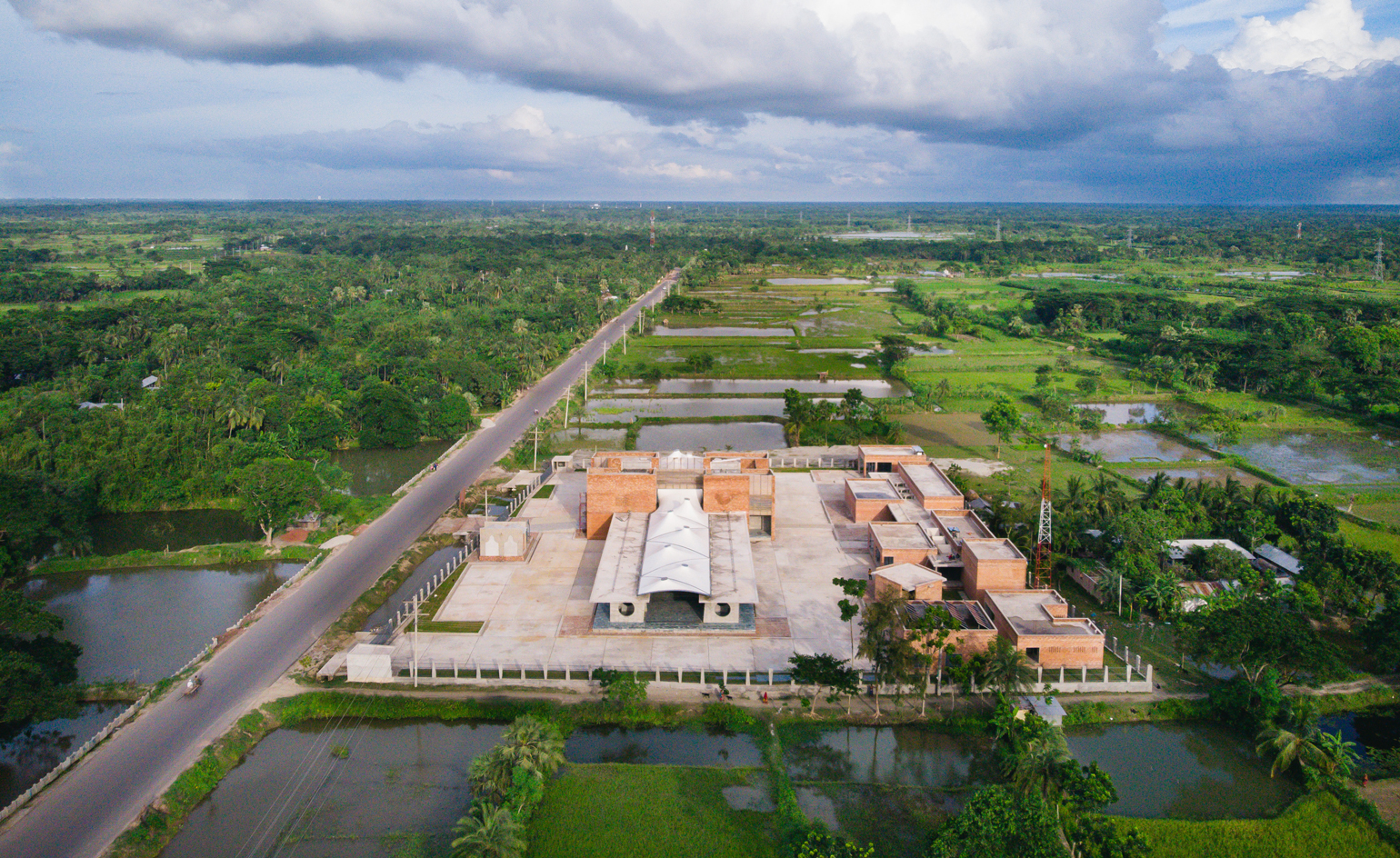
Acclaimed Dutch designer Frank Tjepkema (Tjep), has revealed a partnership with development organisation Solidaridad Network, to help Bangladesh villages modernise their infrastructure by designing Village Super Markets. Tjepkema worked with local Bangladeshi firm Vaastukalpa Architects alongside local craftspeople and builders on the project, which aims to improve trade, working, and living conditions for local farmers disadvantaged by the confines of rural living.
The first of these spaces is located in the district of Khulna, the third-largest city in Bangladesh. A sprawling, 6,871 sq m hub contains a bazaar marketplace, alongside facilities catering to modern teaching, education and community, including a new ‘tech village’, which features state-of-the-art food processing and cooling technology.
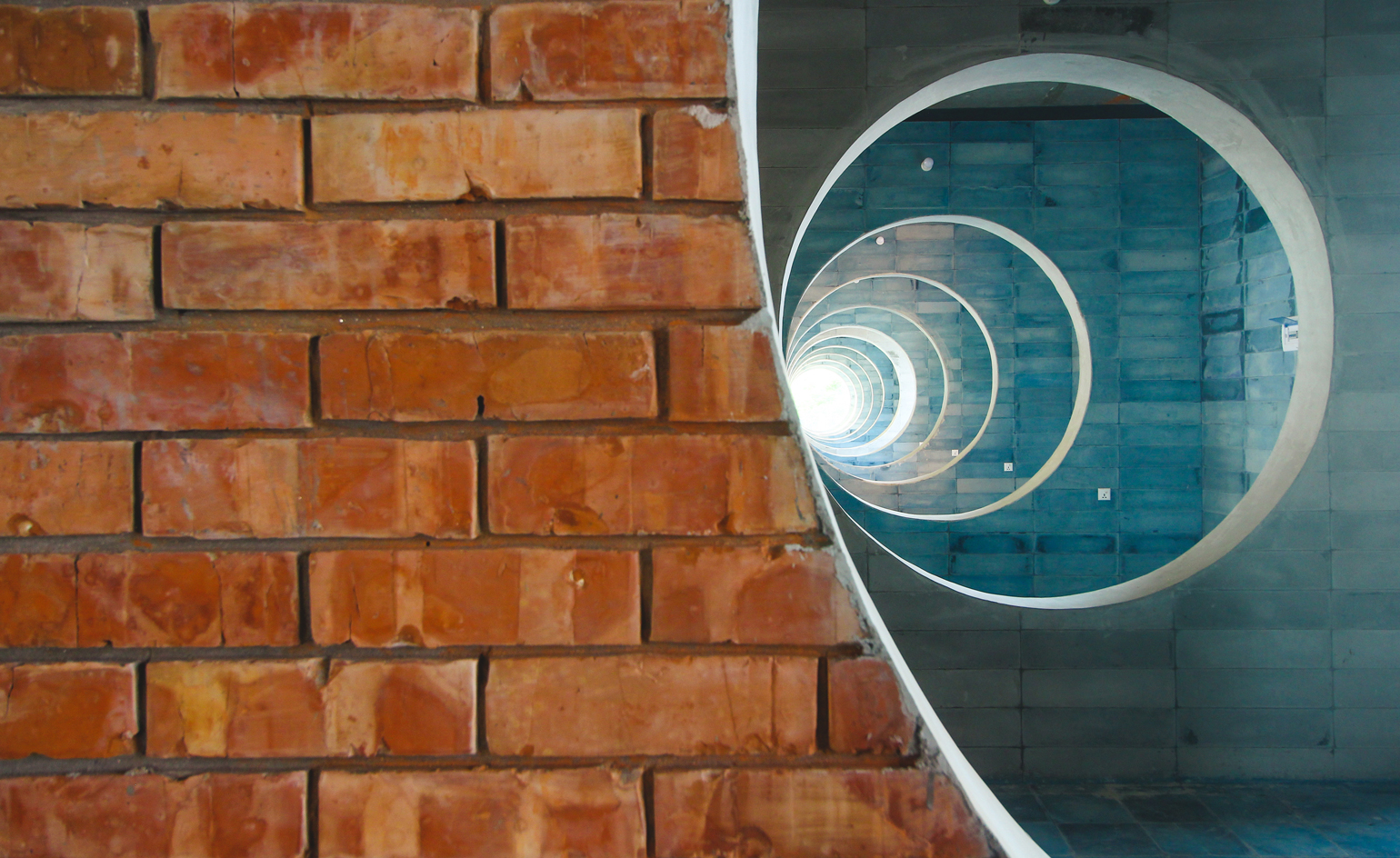
The three organisations worked closely to produce the pavilion, which provides smallholder farmers, disadvantaged workers and women with a new platform to work and sell their produce. Ever-developing worldwide food standards have made it difficult for these often sidelined communities to sell their produce to wholesalers – an issue that Solidaridad Network is keen to change.
‘I first came across Frank Tjepkema when he created this stand-out sustainable farming-entertainment concept “Oogst”,’ states Solidaridad's international programme coordinator Daniel Koop, who was tasked with contacting Tjepkema. ‘I was intrigued how a designer approached topics like agricultural development and sustainable economics from a completely fresh angle.’
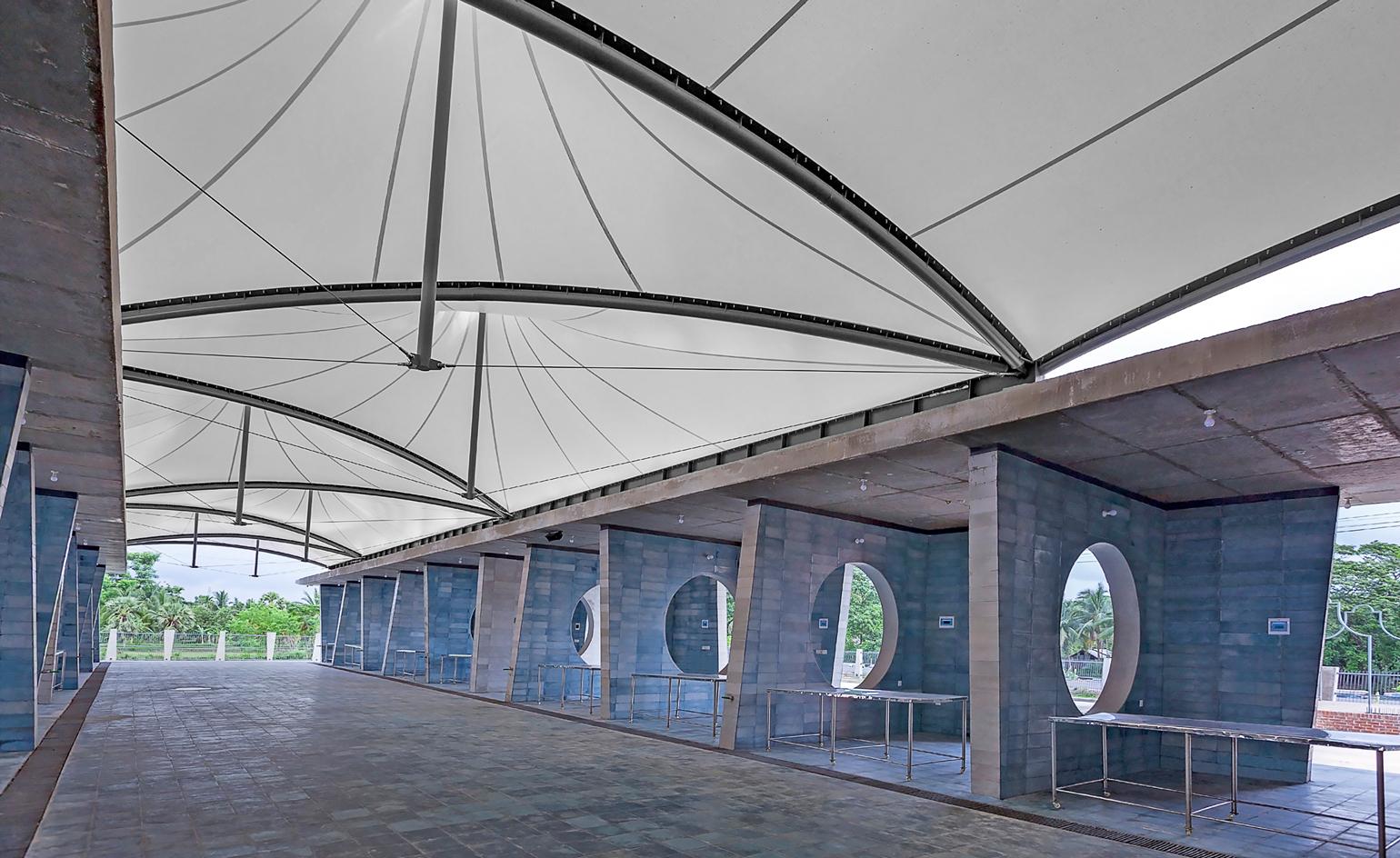
Tjepkema embarked on several research trips across Bangladesh to understand and conceptualise key elements for the market’s design. Traditional ‘Arots', small wooden huts traditionally used by Bangladeshi market traders, now house the farmer's stall, and flank the central walkway in the main market. He was especially keen to reference traditional, and local, artisanal skills throughout.
‘I wanted the ancient skill of red brick-making to be featured proudly, using traditional techniques of delta-sourced red-kiln production combined with locally sourced bamboo,' he explains. ‘The result is an outstanding testament to the beauty of these long-established but often underused regional techniques’. Of course, some Tjep-esque influences are celebrated here, too, like a Dutch clock gable on the pedestrian entrance.
With the next facility slated to open later this year in Jessore, (and more to come in Bagherat, Satkhira and Narial), Tjep and Vaastukalpa Architects are on a valuable mission to prove that community-focused design can play a large part in agricultural, sustainable, and economical progress, particularly in rural areas. ‘The total complex works like a village,’ says project architect Rob van Houten of Tjep. ‘Accessible for all visitors, farmers and merchants alike.’
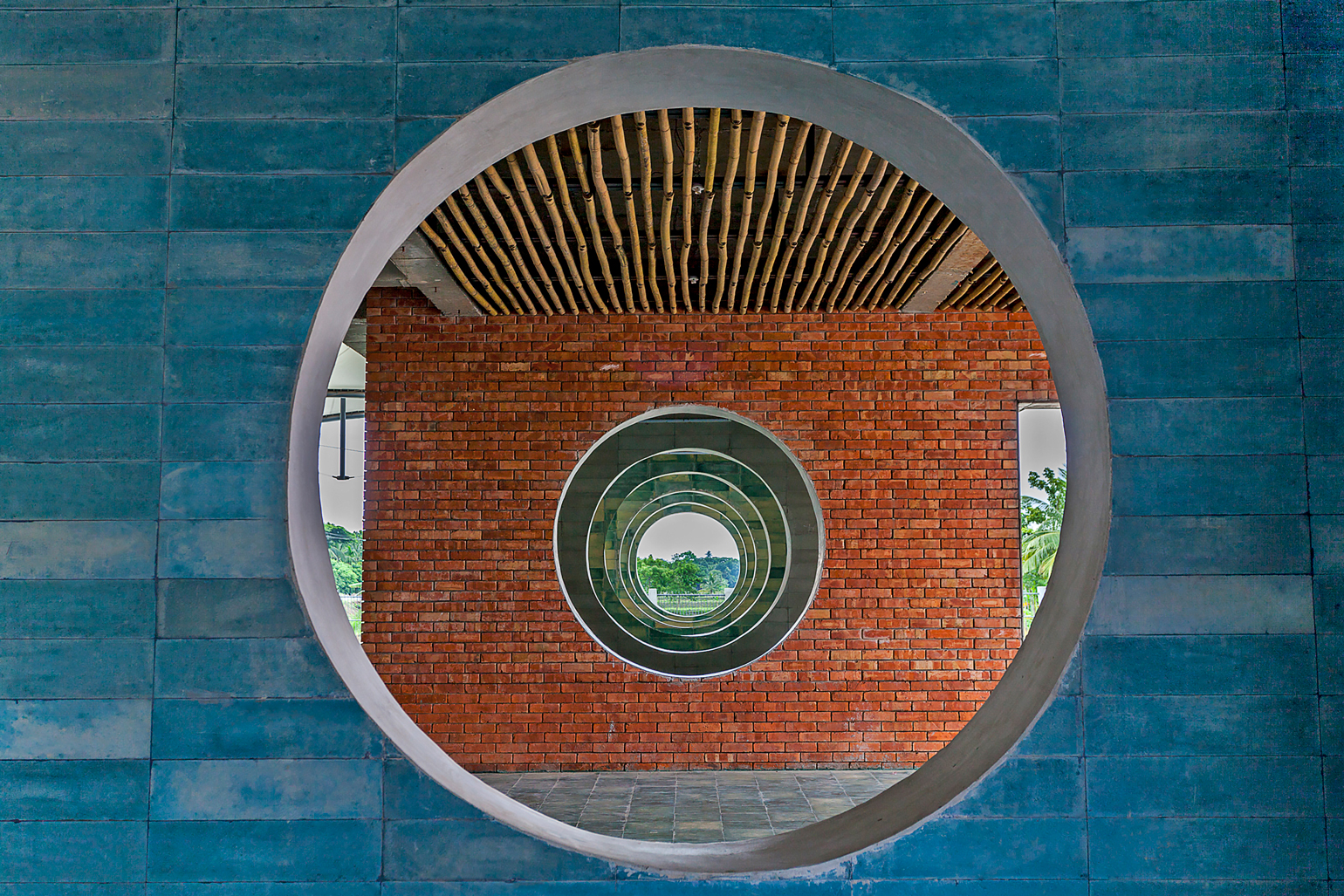
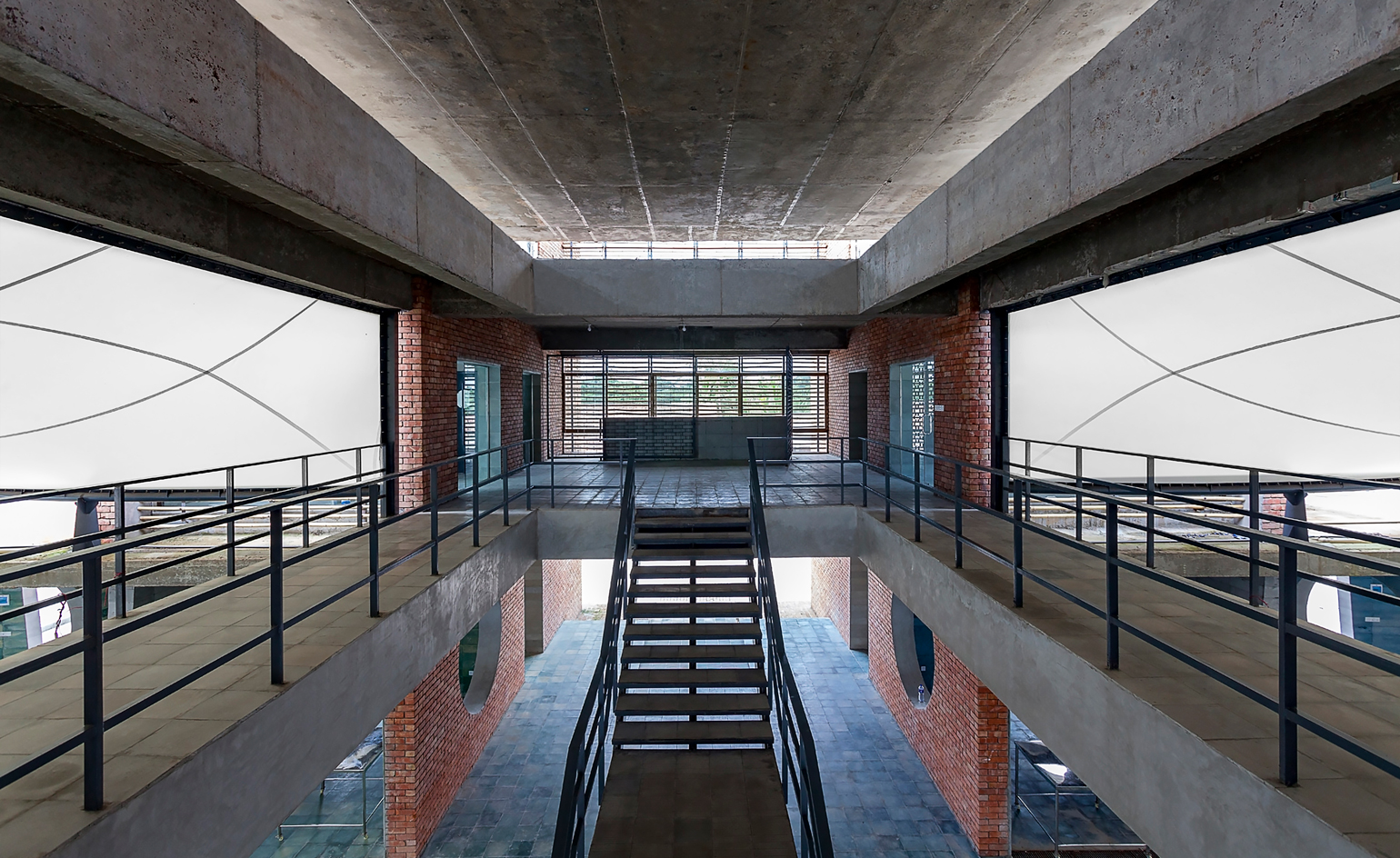
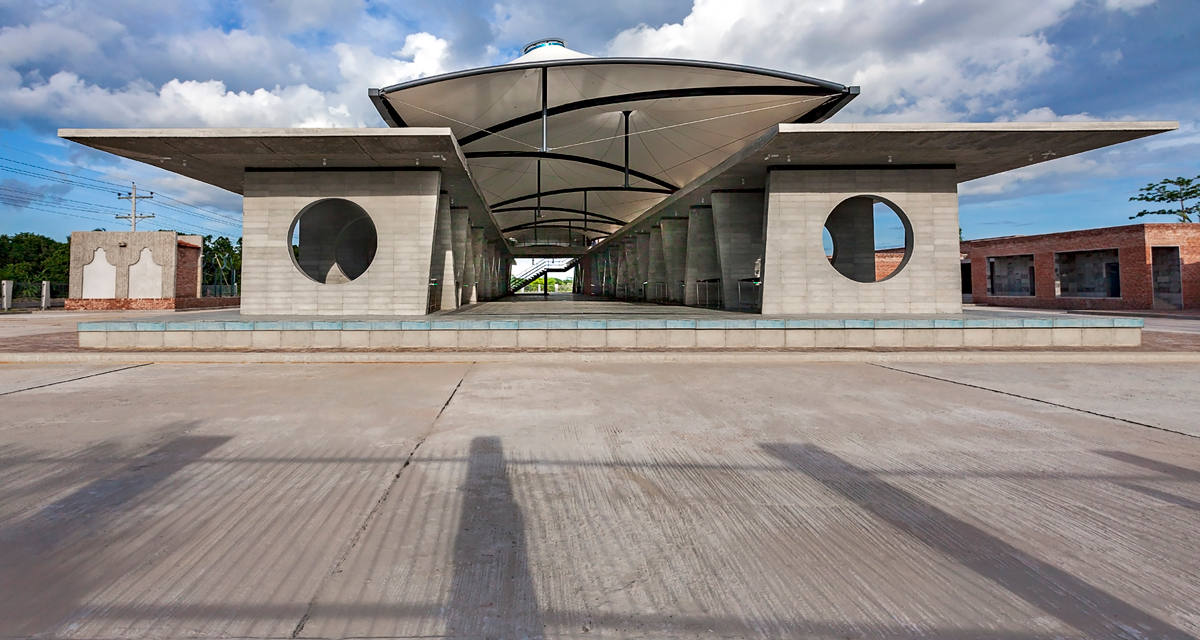
INFORMATION
For more information, visit the Tjep website
Wallpaper* Newsletter
Receive our daily digest of inspiration, escapism and design stories from around the world direct to your inbox.
-
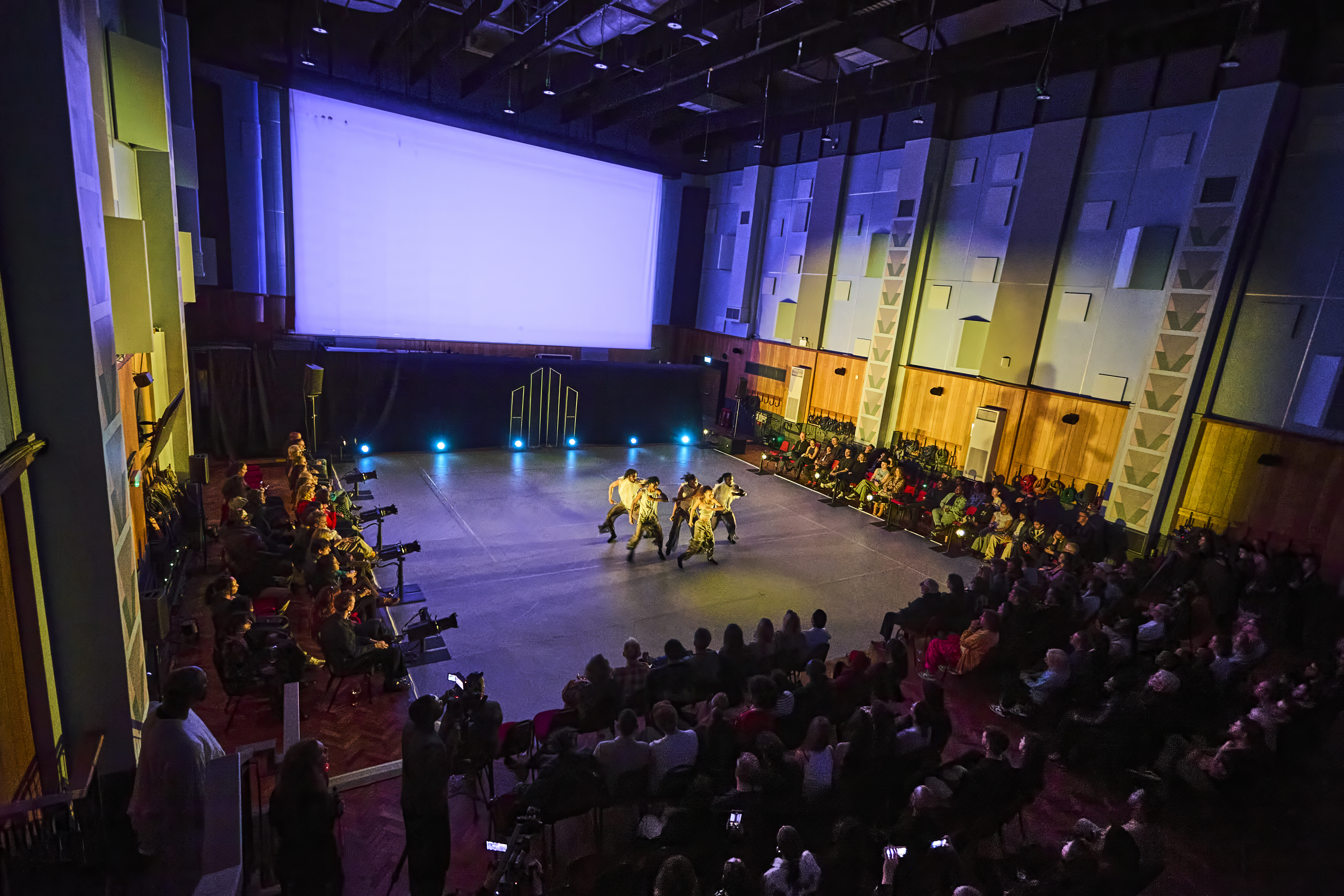 Watch dance, music and film collide at a unique event at Abbey Road Studios
Watch dance, music and film collide at a unique event at Abbey Road StudiosIn this exclusive film, watch Abbey Road’s first Artist in Residence, Jordan Rakei, collaborate with industry-leading creatives to produce a dance performance in the hallowed Studio One
By Anna Solomon
-
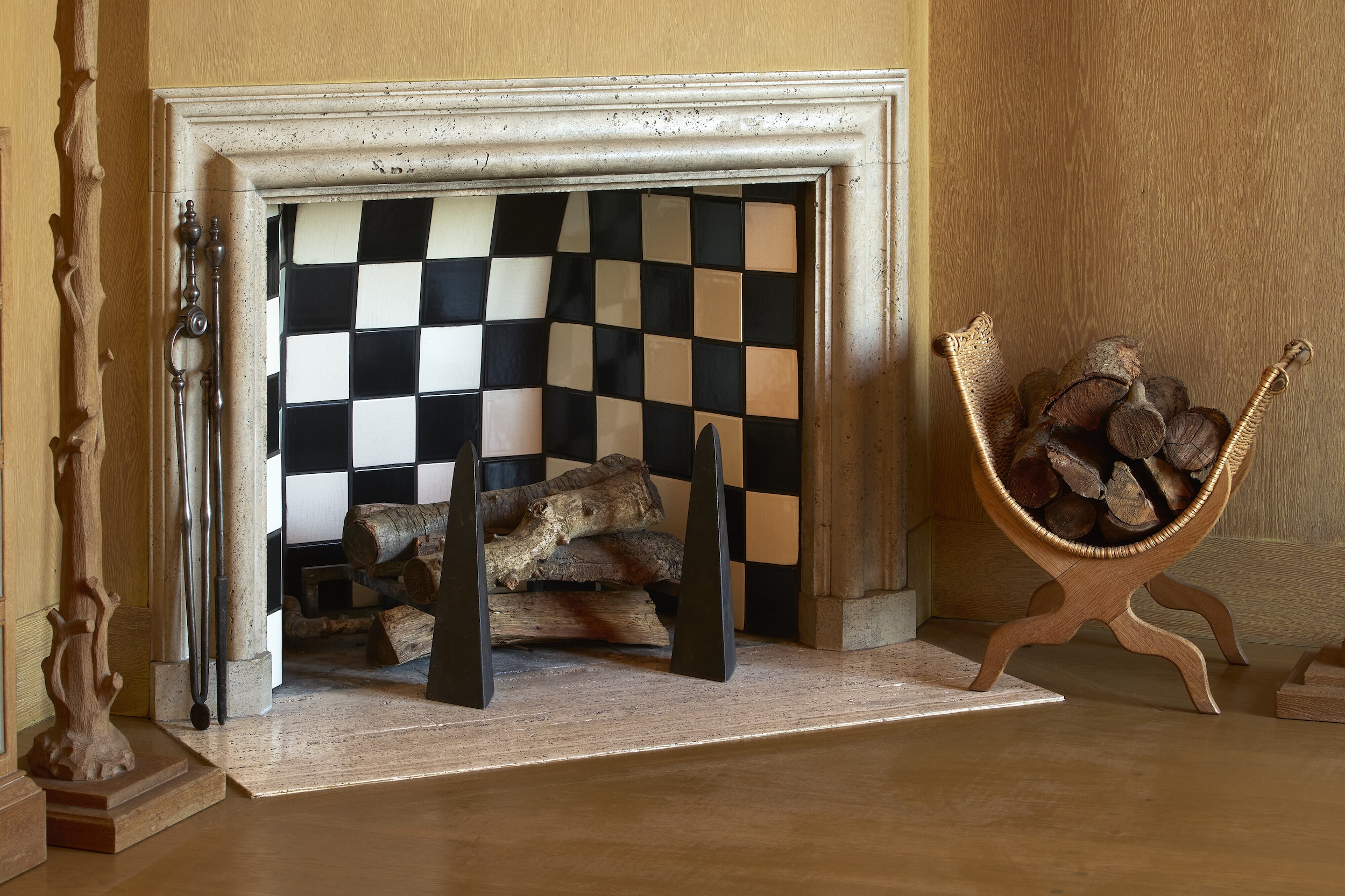 Frances Elkins gets her dues at Christie's this June
Frances Elkins gets her dues at Christie's this JuneYou can soon take home a piece of the legendary American designer’s legacy…including a $3 million Alberto Giacometti sculpture.
By Anna Fixsen
-
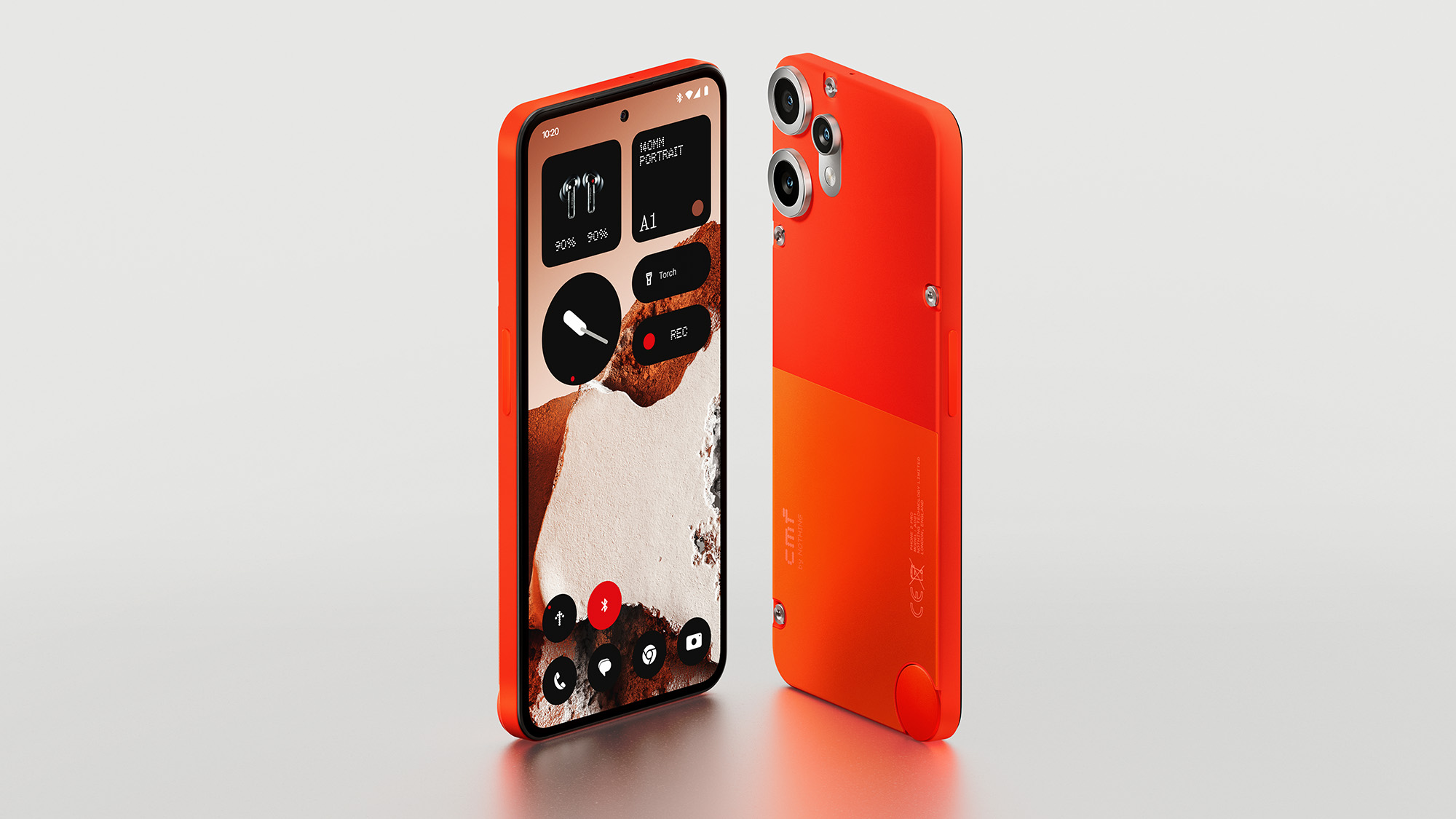 The new Phone 2 Pro from CMF combines generous scale with true affordability
The new Phone 2 Pro from CMF combines generous scale with true affordabilityWe explore the ins and outs of the CMF Phone 2 Pro, the newest device from the Nothing sub-brand that focuses on bold design and carefully honed value engineering
By Jonathan Bell
-
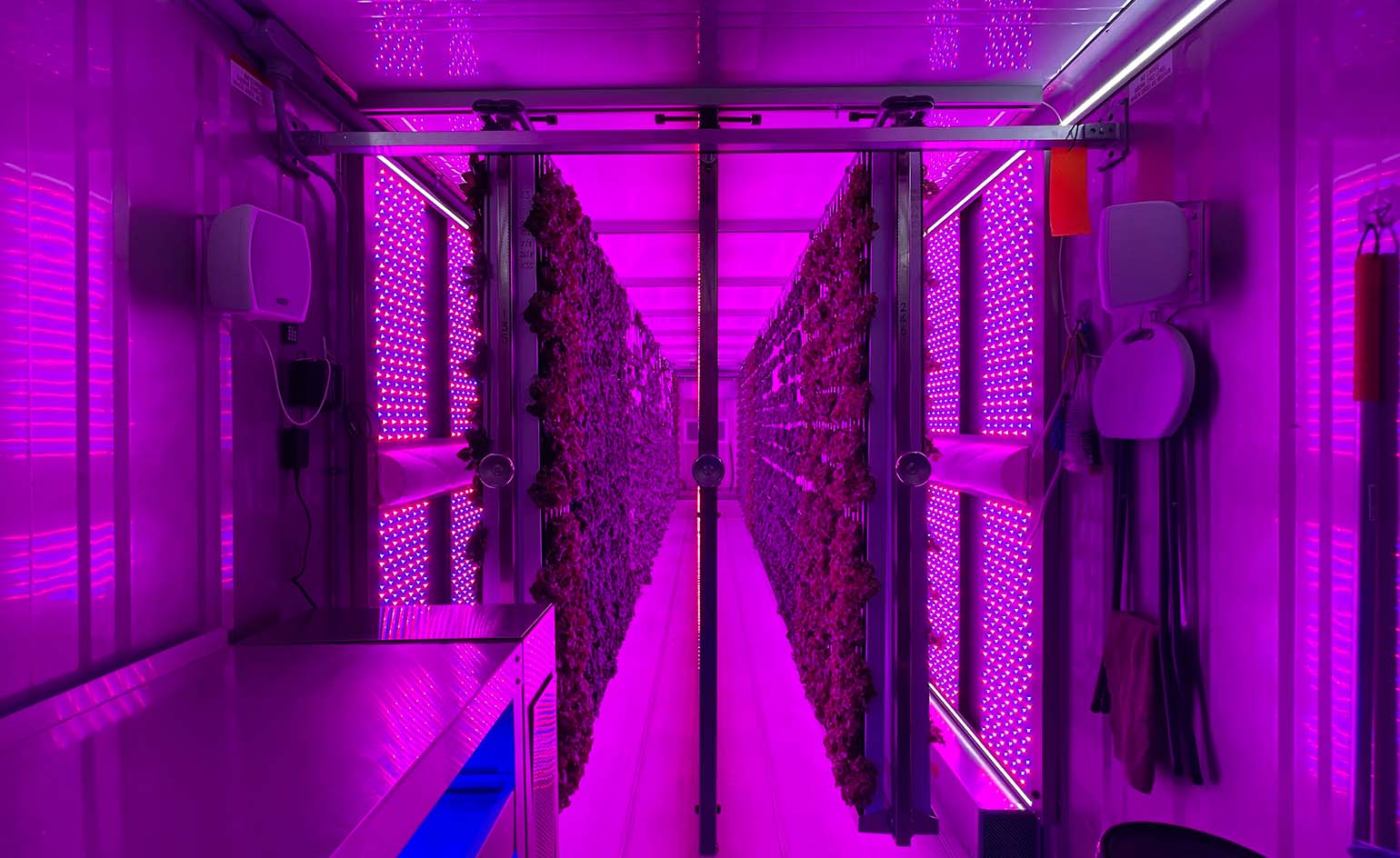 The sustainable farming innovator delivering to London homes and restaurants
The sustainable farming innovator delivering to London homes and restaurantsSustainable farming innovator Crate to Plate is pioneering fresh produce in London with the support of Michelin-starred restaurant Hide
By Mary Cleary
-
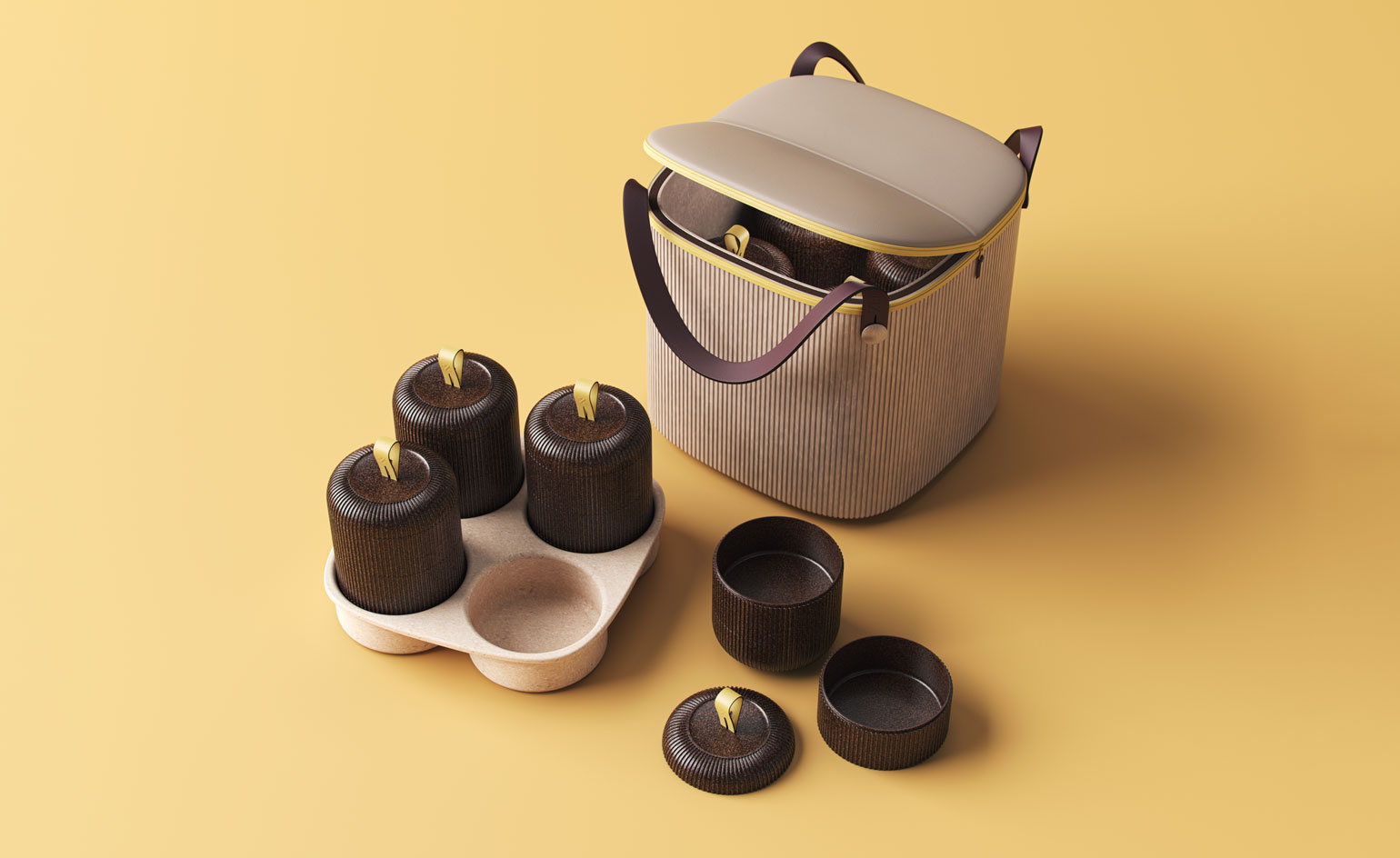 PriestmanGoode’s planet-friendly takeaway food packaging
PriestmanGoode’s planet-friendly takeaway food packagingOne year since the conception of PriestmanGoode's takeaway food packaging solution ‘Zero’ for Wallpaper* Re-Made, we find out how the project has developed
By Harriet Lloyd-Smith
-
 Cooking Sections: visualising a responsible food industry
Cooking Sections: visualising a responsible food industryTurner Prize-nominated Cooking Sections explore how we can create and consume food more sustainably. Priya Khanchandani, head of curatorial at London’s Design Museum, talks to founders Daniel Fernández Pascual and Alon Schwabe about the politics of food, and fixing broken structures of consumption.
By Priya Khanchandani
-
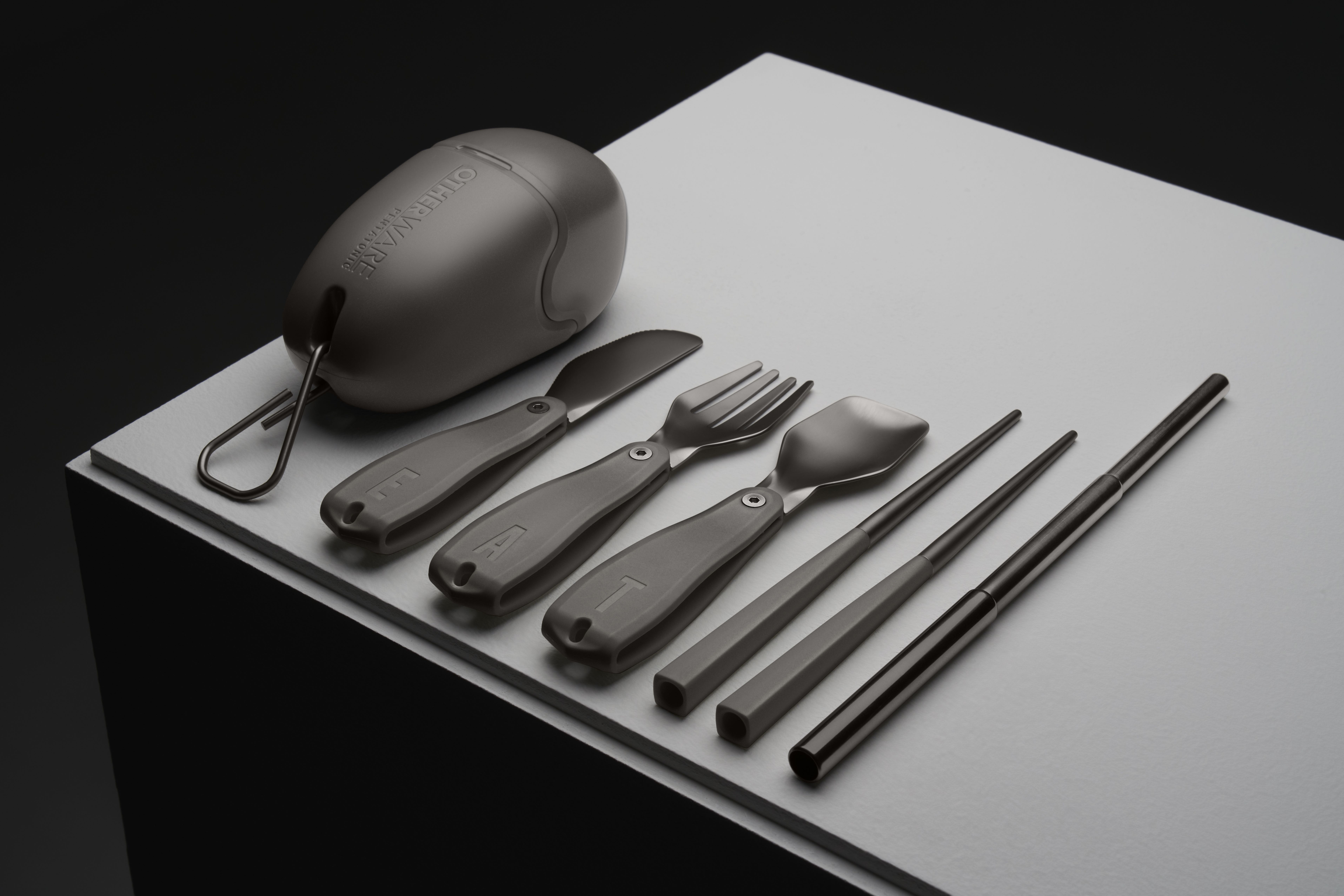 Snarkitecture rethinks Pharrell Williams’ portable dining pod
Snarkitecture rethinks Pharrell Williams’ portable dining podMade from recycled CDs, Pentatonic and Pharrell William’s mobile dining kit is back with a stylistic update, courtesy of New York practice Snarkitecture
By Elly Parsons
-
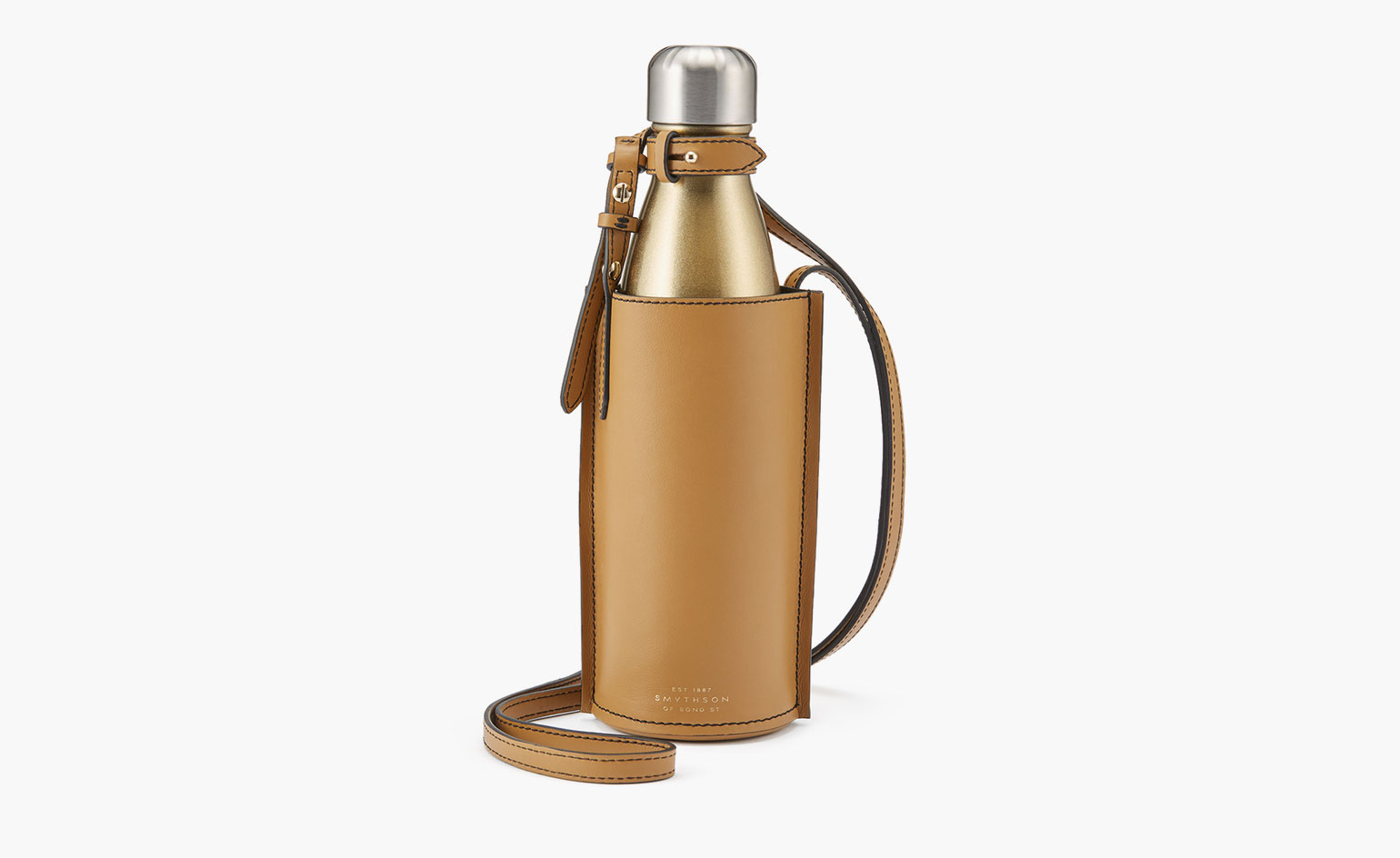 Sustainable water bottles aiming to cap plastic waste
Sustainable water bottles aiming to cap plastic wasteOur picks of the best sustainable water bottles pair aesthetics with utility for sophisticated sipping
By Melina Keays
-
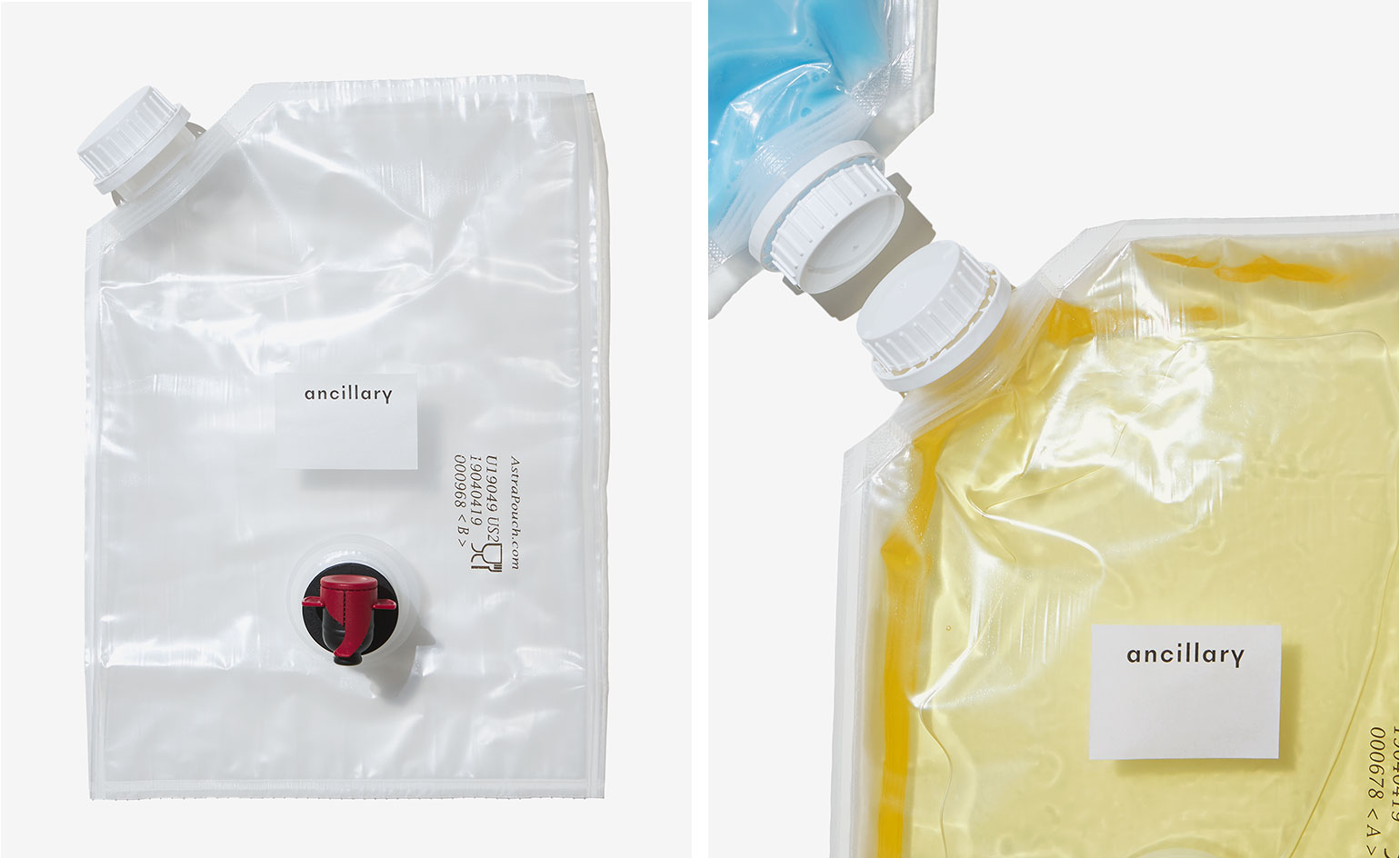 Eat up Ancillary Equipment's radical food storage solutions
Eat up Ancillary Equipment's radical food storage solutionsNot only providing innovative alternatives to food storage, Ancillary Equipment is a manifesto to our uncertain, dystopian future
By Phoebe Gardner
-
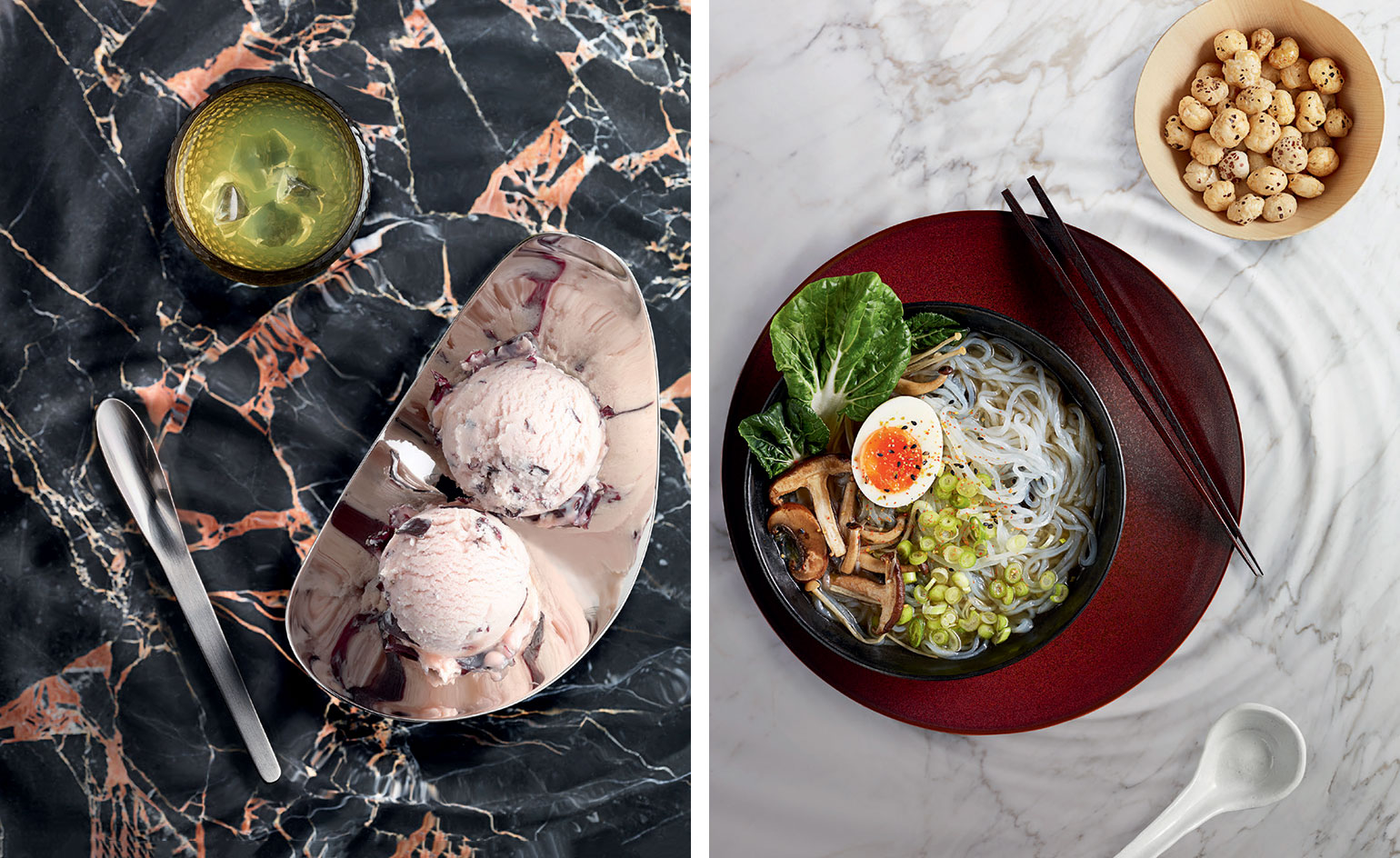 Kelp mates: sea greens are gastronomic gold to palate-conscious planet savers
Kelp mates: sea greens are gastronomic gold to palate-conscious planet saversBy Emma Moore
-
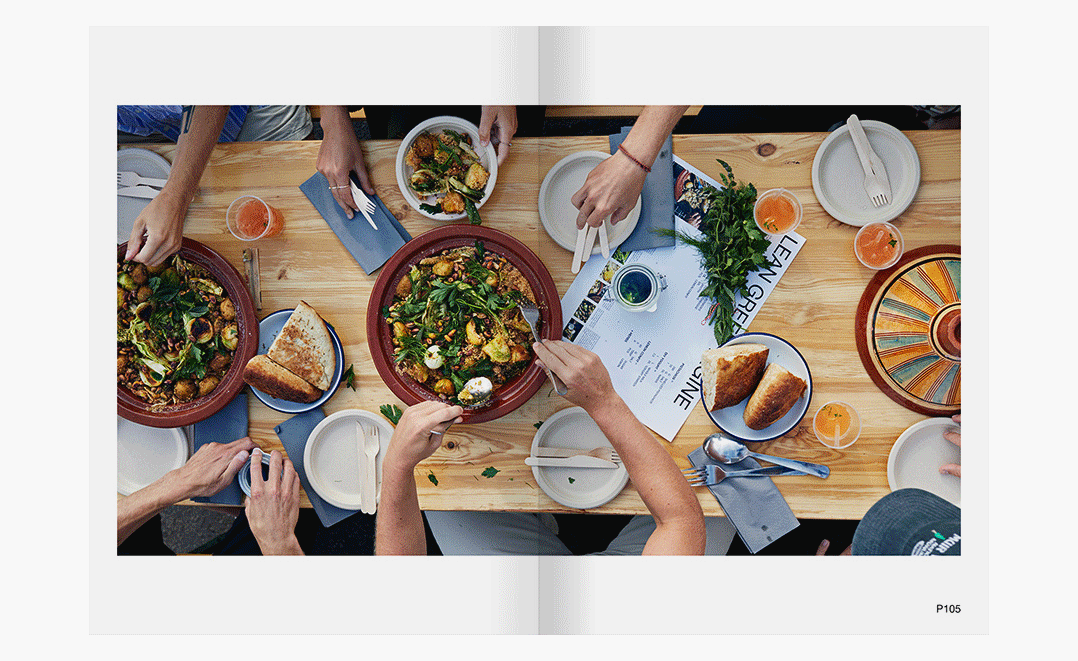 Cook sustainably with SPACE10’s design lab recipe book
Cook sustainably with SPACE10’s design lab recipe bookBy Emi Eleode